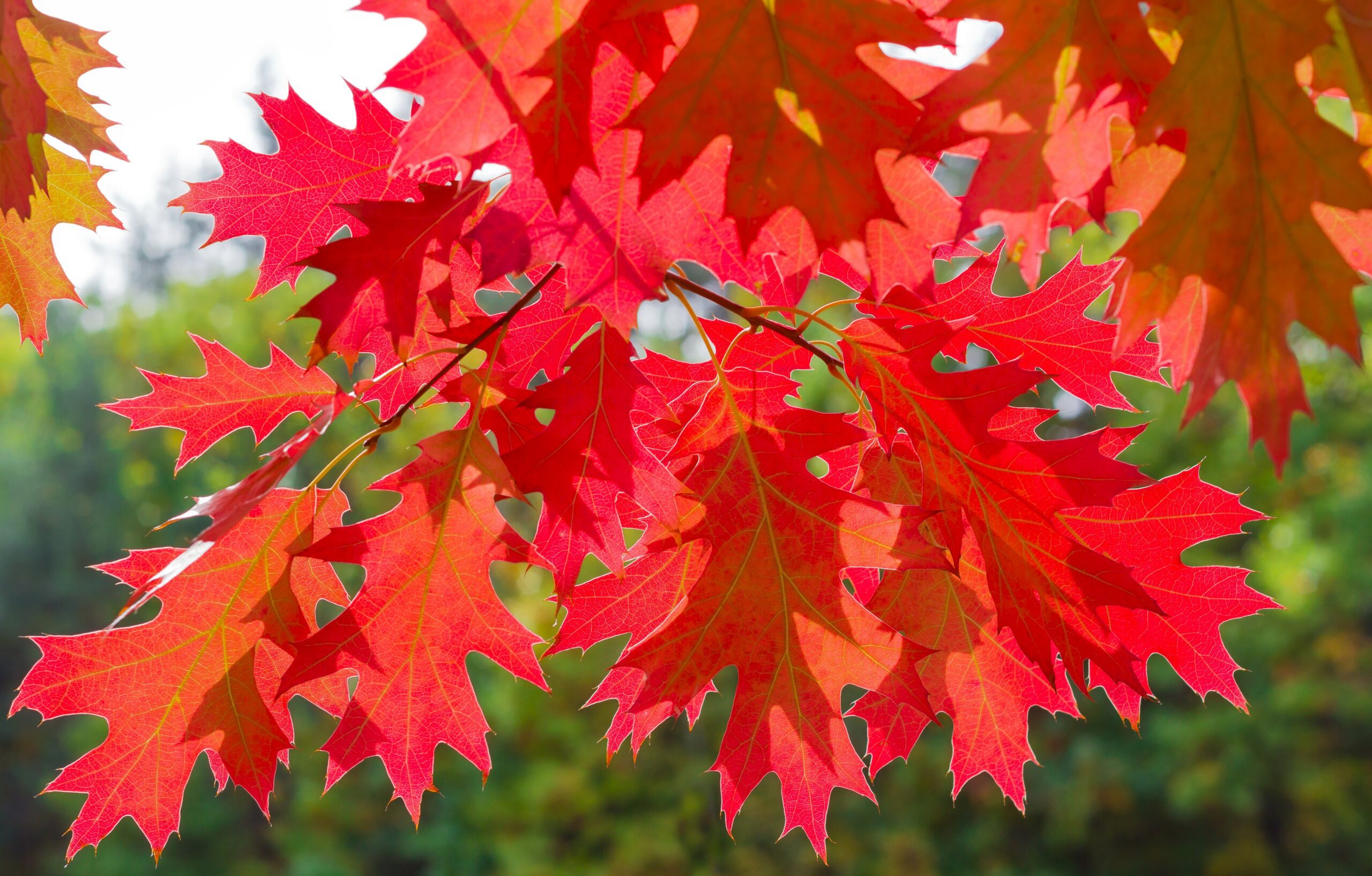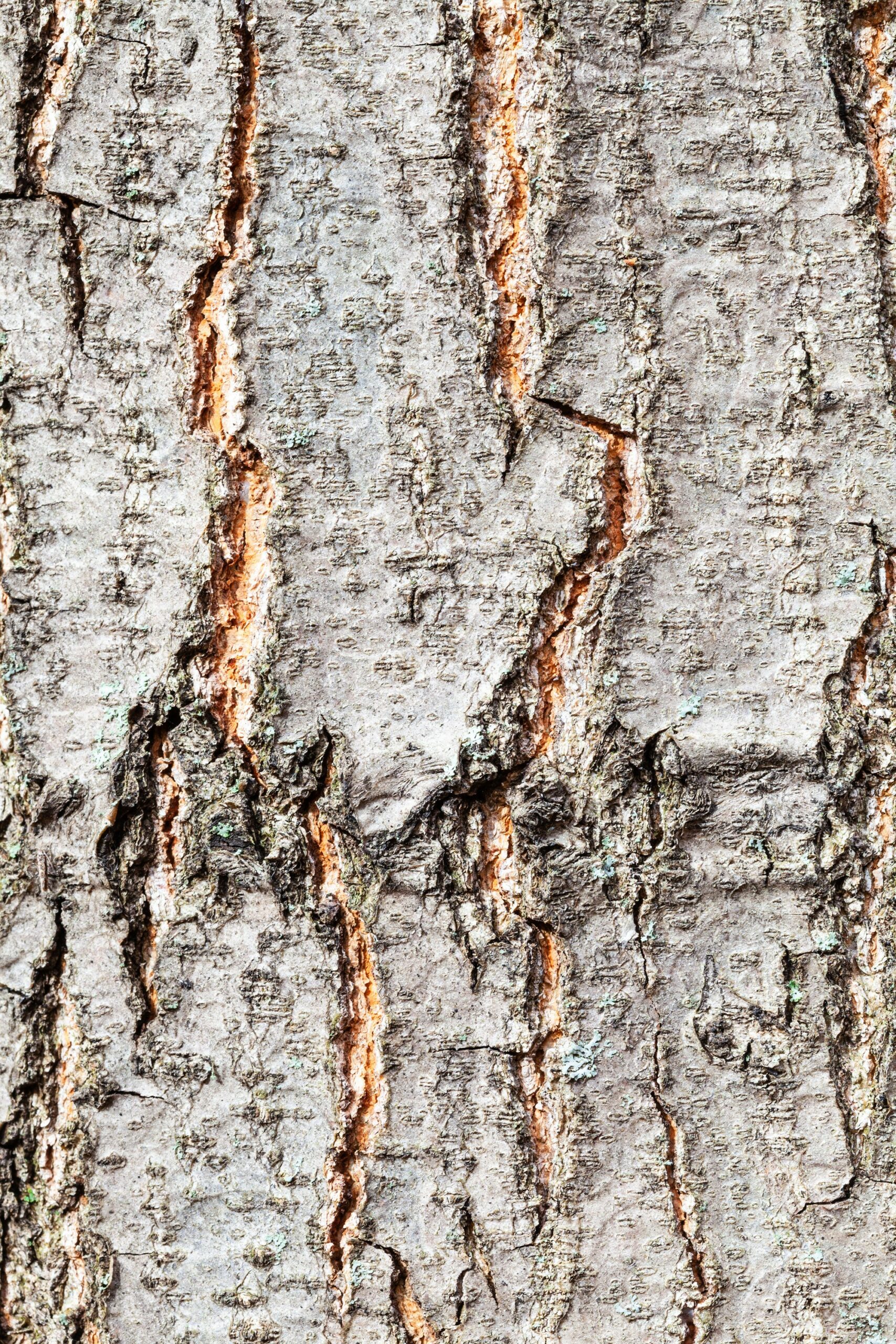Tree Information
Specialities
Tolerances
Wet Soil: Medium
Dry Soil: Medium
Lime: Low
Quercus rubra, commonly known as the Red Oak, is a majestic deciduous tree native to North America, particularly thriving in the eastern and central regions. The Red Oak is known for its towering height, being one of the largest oaks that can be grown in the UK. Many specimens have reached heights of 30m tall. Its unpredictable but grand crown creates an impressive natural silhouette in any landscape.
One of the distinctive features of Quercus rubra is its large, oval, obovate lobed leaves that are matt green above and blue-green beneath. In autumn, these turn red and finally brown before falling. Though called the Red Oak, its autumnal display can be variable, with some trees turning more yellow than red before finally brown.
As with all the American Red and White oaks, Quercus rubra does not do well in alkaline soil and would be short-lived if planted there.
For a more uniform habit, it may be best to use Quercus palustris.
Visit our Useful Resources for in-depth guides
Discover guides to help you with specifying your trees, caring for your trees and understanding the weights and dimensions of trees.
Useful ResourcesSize
Large
12m high x 8m wide after 25 years
Environment
Its irregular crown makes it a favoured choice in woodland planting, but its impressive tolerance to pollution also renders it a fantastic candidate for urban environments, such as streets and parks.
Canopy
Large, wide and broad-headed canopy, variable and irregular crown.
Foliage
Large leaves that are twice the size of our native oaks, lobed, matt-green above and blue-green beneath. Autumn colour is variable from red to brown, or ruby-red or yellow to brown before falling.
Flowers
Produces yellow catkins in late spring to early summer.
Fruit
Broad, oval shaped acorn.
Resilience
Prefers neutral to acidic conditions and is tolerant of pollution, wind, salt and frost.
Wildlife
Oaks serve as excellent habitats for insects, which become a crucial food source for birds. Woodland creatures, especially squirrels are known to forage on acorns for sustenance.
Available As:
Semi-Mature, Super Semi-Mature
Make an Enquiry
Enquire below and speak to one of our expert team. For trades only, for general public enquiries click here.
Find Trees For Your Project
View Our TreesSpeak to a Member of Our Sales Team
Make an Enquiry







